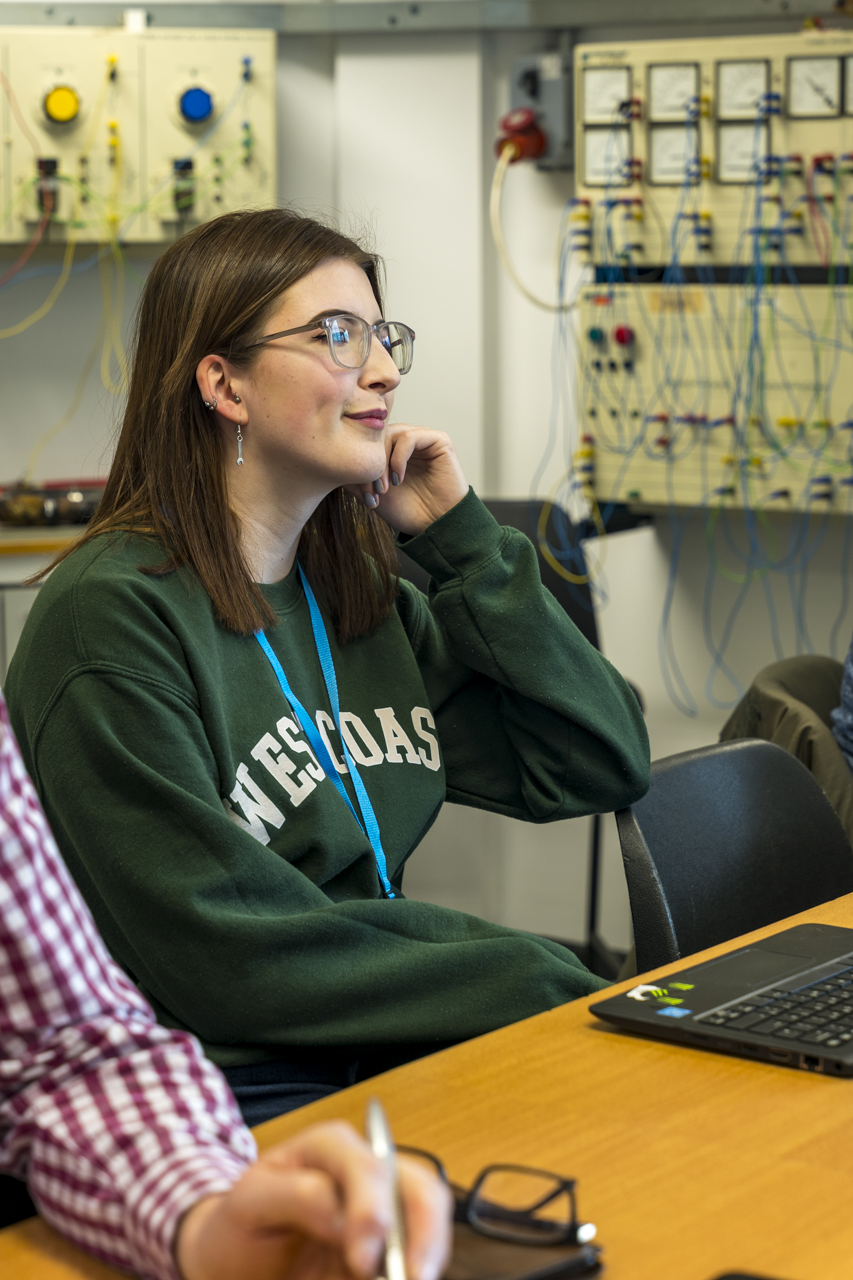Higher National Diploma in Mechanical Engineering
Pearson BTEC Level 5 Higher National Diploma in Mechanical Engineering for England
Level 5
University
2 years
September 2024
Full-time
Trinity Green Building
Overview
The Pearson BTEC Level 5 Higher National Diploma in Engineering (Mechanical Engineering) is designed to provide you with wider knowledge of Engineering principles and methodology, supported by the development of analytical and research skills to prepare you for employment opportunities in the Mechanical Engineering field.
Emphasis will be placed upon reflection, analysis, environmental impact, critical thinking and personal development.
This programme is available as a full programme or Top-up.
Key Info
Learning methods include:
- Lectures and Seminars
- Workshops and Labs
- Tutorials
- Virtual Learning Environments (VLEs) Moodle
- Work Based Learning
- Guest Speakers
- Field Trips
Year 1:
- Engineering Design
- Engineering Maths
- Managing a Professional Engineering Project
- Fluid Mechanics
- Production Engineering for Manufacture
- Mechanical Principles
- Fundamentals of Thermodynamics and Heat Engines
- Quality and Process Improvement
Year 2:
- Further Mathematics
- Advanced Mechanical Principles
- Virtual Engineering
- Further Thermodynamics
- Manufacturing Systems Engineering
- Thermofluids
- Professional Engineering Management
- Lean Manufacturing
For the two-year HND programme, a BTEC Level 3 qualification in Engineering and a minimum of 80 UCAS points. GCSE Mathematics and English at Grade 4
minimum or equivalent.
Or
A minimum of 80 UCAS points including at least one Level 3 qualification in Maths, Physics or Computer Science. GCSE Mathematics and English at Grade 4
minimum or equivalent.
Or
An Access to Higher Education Certificate in an Engineering discipline awarded by an approved Further Education institution.
Assessments may include elements of:
- Practical assessments
- Portfolios of evidence
- In-class tests
- Lab work
- Case studies
- Examinations, both open and closed book
- Reflective activities where you look back over your experiences, analyse them with the assistance of relevant theory and reflective tools, and learn from the experience; online discussions that you have had with your peers, tutors and invited contributors to the programme
- Oral and written reports
- Journals, blogs and log books
- Plans (eg action plans, plans for your group activities)
- Presentations.
Although work placements are not mandatory on the programme, the Work Experience team will be present in the induction to discuss the options for work placements. Students who are not work based will be encouraged to undertake industry work placements throughout their programme to enrich the skills and knowledge gained and to develop contacts in the engineering industry.
The programme is designed to support career progression for anyone working in Engineering or for those who would like to develop their knowledge and skills and pursue a career in this field.
Full-time: £8,000.
Part-time: Pro rata rate depending on intensity of study*
*Intensity of Study refers to the amount of credits being studied in the academic year.
This is representative of the most common fees scenario, but actual fees can vary depending on a number of factors. Please contact us if you need more guidance.
Videos
If you have any questions or require any additional information, please contact [email protected]
Disclaimer: Our prospectus, college documents and website are simply here to offer a guide. We accept no liability for any inaccurate statements and are not responsible for any negative outcomes if you rely on an inaccurate statement. We reserve the right to withdraw any programmes or service at any time.





